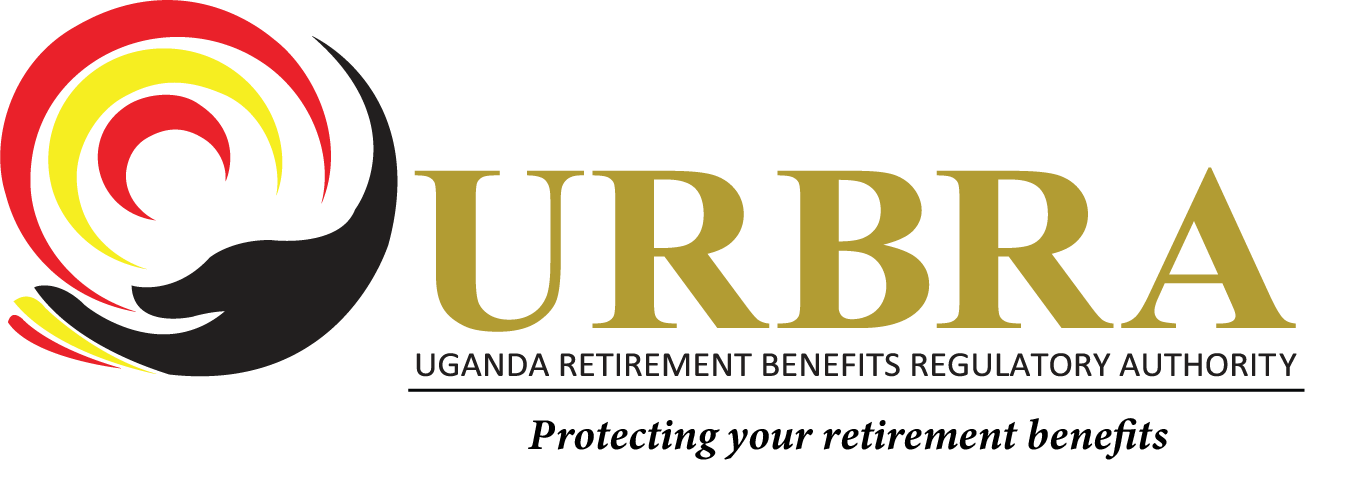INVEST IN REAL ESTATE, RETIRE RICH

Gloria Nakyanzi
Administration Dpt

I recently met a gentleman who is left with two years to retire. While he had a thriving livestock farm with poultry and piggery projects, he didn’t seem content. He was mainly concerned about the management of his farm and the financial responsibility for his large family. I inquired if he had considered real estate as another stream of income and he said that was something in the pipeline.
Investing in real estate pre- and post-retirement is a great way to generate passive income and to grow one’s wealth. A typical Ugandan retiree has an average of 15 years after retirement to sustain their lifestyle. At this stage, healthcare needs increase and there is still some financial responsibility to family members or relatives. Investing to earn passive income mostly in real estate, can alleviate such financial burdens in the long run.
The opportunity
Low-cost housing in developing or urban areas is a suitable investment. It is affordable for tenants and has the potential for appreciation in value if the developing area becomes urban. It also has a low initial investment for a buyer, tax benefits mostly in form of allowable deductions of interest from mortgages and low property rates. Middle-income Ugandan developers, prefer low to mid-cost real estate investments because of the slightly minimal capital requirements and have consistent clientele. The rent usually ranges between UGX100,000 to UGX400,000.
The rise in rural to urban migration in search for better job opportunities, lifestyle, security, and healthcare increases the need for affordable places to stay. There is demand for reasonably priced facilities with good sanitation, privacy, access to transport and security in urban areas. Why wouldn’t an individual invest in an opportunity like this? It’s a great opportunity to retire rich.
The Security
Real estate is a tangible asset that can be seen, touched and managed. Unlike stocks or other investments, real estate provides investors with a physical asset, this can be reassuring for investors who prefer to have more control over their investments. While investors take control of their real estate investment, they can make improvements to the property, manage tenants and control costs which impact the value of the investment. Real estate can provide a sense of security during retirement.
Passive income and accumulating generational wealth
Most retirees especially those in a later stage, worry about the next generation. They think the next generation isn’t capable of sustaining itself financially. Real estate is a long-term investment and an avenue for passive income and generational wealth. The return on investment (ROI) can vary depending on the type of real estate. There are different types of real estate, residential, commercial, industrial, retail, land and special purpose real estate. Residential is the most popular type of real estate in Uganda. People are always looking for accommodation, either an apartment, bungalow or townhouse. This makes it a reliable type of real estate to invest in.
Diversification
By investing in a variety of assets, you can spread your risk and ensure that you are not overly exposed to any one type of investment risk. Real estate can offer reduced volatility compared to stocks or other investments. Real estate values tend to be less volatile and more stable than other assets, which can help investors minimize their portfolio risk. Real estate investments typically have low correlations with other asset classes such as stocks and bonds. Here is why real estate is less volatile than those other asset classes.
Stocks: While stocks represent ownership in a company, real estate represents ownership in physical property. As a result, real estate investments tend to be less volatile than stocks because they are not subject to the same market forces as stocks. Real estate is a relatively illiquid asset, meaning it cannot be easily bought or sold. This can reduce volatility because it limits the ability of investors to quickly buy or sell properties in response to market fluctuations. Real estate transactions typically involve fewer buyers and sellers than the stock market. This can make it less susceptible to sudden price swings that can occur in the stock market due to large buy or sell orders. Real estate investments tend to be more stable and offer a steady stream of rental income, which can help offset market volatility.
Bonds: While bonds offer a fixed rate of return, real estate investments offer the potential for appreciation over time. Real estate is a tangible asset, meaning it has a physical form and provides a utility or function. This can provide more stability because the value of real estate is tied to its underlying physical characteristics, such as location, quality, and condition. Bonds don’t build equity as compared to real estate. Real estate property can be converted into cash faster compared to a long-term bond.
Hedge against inflation
Inflation can erode the value of cash and other investments over time, but real estate can provide a hedge against it. As the cost-of-living increases, the value of rental income and the property itself can increase as well, helping to maintain the value of the investment. Here is how real estate can hedge against inflation.
Rental Income: Real estate can provide a steady stream of rental income, which can help offset the effects of inflation. As inflation increases, so do the rental rates, providing investors with an opportunity to increase their income.
Fixed-Rate Mortgages: Investing in real estate can provide access to fixed-rate mortgages, which can be beneficial during inflationary periods. As inflation increases, so do interest rates, which can make adjustable-rate mortgages more expensive. Fixed-rate mortgages provide a level of certainty in the cost of borrowing, helping to hedge against inflation.
Asset-Backed Investment: Real estate is an asset-backed investment, meaning that it has intrinsic value that can help protect against inflation. Unlike cash and saving accounts that can lose value in times of high inflation, real estate investments have tangible assets that can hold their value during inflationary periods.
Supply and Demand Dynamics: Inflation can impact the supply and demand dynamics of real estate markets. During times of high inflation, the cost of construction materials and labor tends to increase, which can lead to a decrease in the supply of new homes. This in turn leads to increased demand for existing low-cost homes, driving up prices.
Appreciation in value
One of the great advantages of investing in real estate is that the value of land and property always appreciates, unlike other fixed assets such as transport Vehicles, industrial machinery, etc. The value of land or property is not the same as it was 10 years ago. The value will increase due to new developments in the area like upgrades and renovations, and proximity to marketable amenities like schools, health facilities, and shopping areas. Real estate value also appreciates in response to interest rates and the expansion phase of the housing market cycle. This means that an investment in real estate can provide a significant increase in rental income or capital gains, which can be realized upon the sale of the property.
On a final note, after careful research and due diligence, real estate has been a solid long-term investment with the potential of significant returns over time. An individual with a long-term investment mindset can achieve to build long term wealth through real estate.



